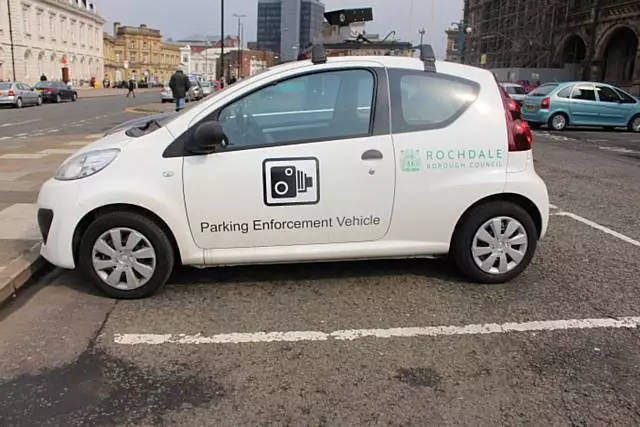Government bans
Published Date: 22nd Jun 2014
Government to ban widespread use of 'spy cars' by councils
Widespread use of static and car-mounted cameras to catch drivers who park illegally in England are to be banned, the government has announced.
It says so-called "spy cars" have been used as a "cash cow" by councils, and it wants to end the "plague" of parking fines being sent in the post.
Instead traffic wardens will have to fix penalty notices to windscreens.
Councils will still be able to use the cameras near schools, in bus lanes and bus stops, and on "red routes".
Currently, some councils can use CCTV cameras or "approved devices" to enforce parking restrictions, under Labour's 2004 Traffic Management Act.
The government says nine million parking fines are now issued every year by local authorities in England and wants to rein-in "over-zealous parking enforcement practices".

'New Fairer deal'
Announcing the measures, Communities Secretary Eric Pickles said the government was taking "urgently needed action to ban this clear abuse of CCTV".
"CCTV spy cars can be seen lurking on every street raking in cash for greedy councils and breaking the rules that clearly state those fines should not be used to generate profit for town halls.
"Over-zealous parking enforcement and unreasonable stealth fines by post undermine the high street, push up the cost of living and cost local authorities more in the long term," he said.
However, the Local Government Association says the cameras stop motorists parking dangerously and protect pedestrians.
Other new proposals announced by the government include:
Trialling a 25% discount of the full price of their parking ticket for motorists who lose an appeal against a parking fine at tribunal
Giving local residents and firms the right to demand a review of parking in their area
By reforming the parking guidance so it is less "heavy-handed" and to stop "over-aggression" by bailiffs. Maintaining a freeze on fixed penalty notices for the remainder of this parliament
The transport Secretary Patrick McLoughlin said the measures would deliver a "fairer deal for motorists, ensuring that parking enforcement is proportionate, that school children are protected and buses can move freely, and that key routes are kept clear".
